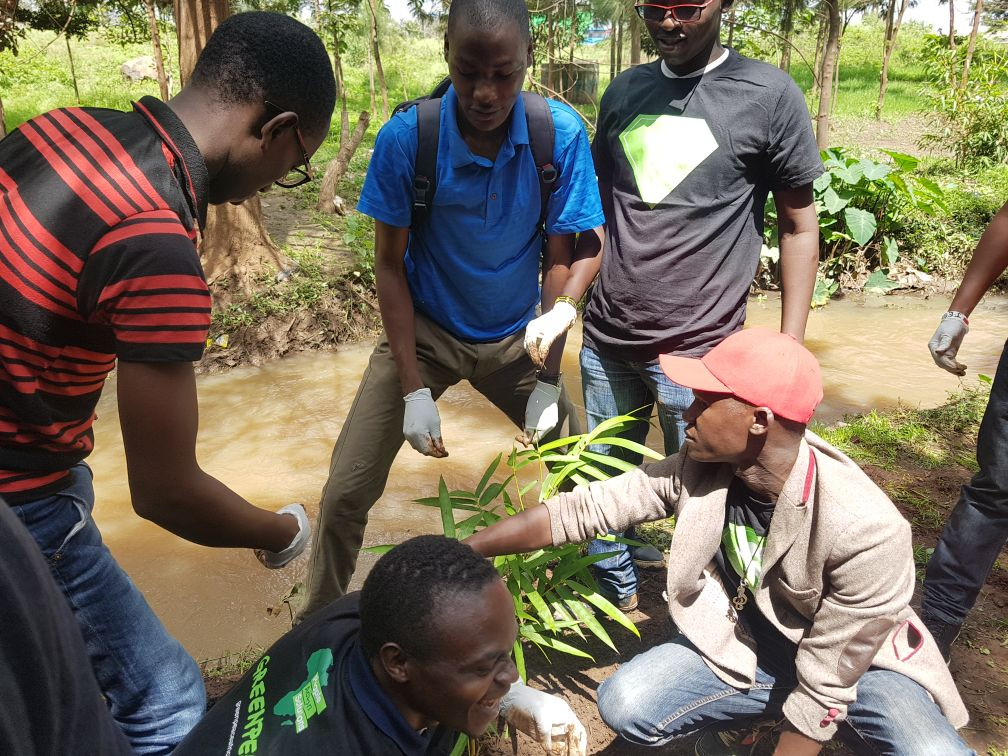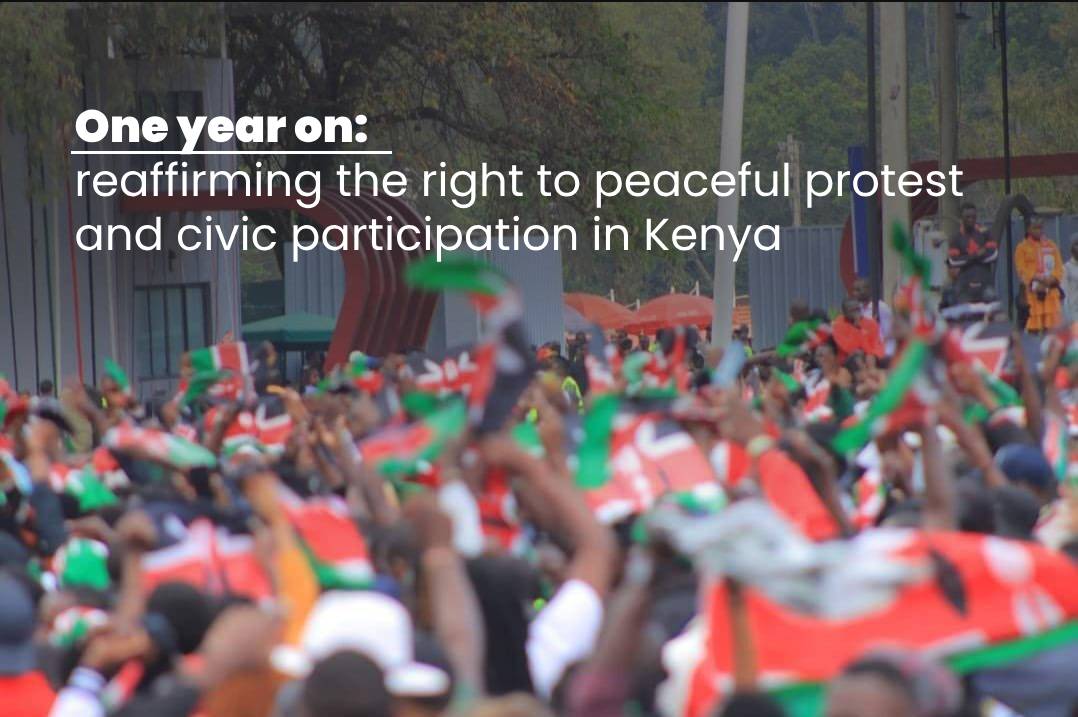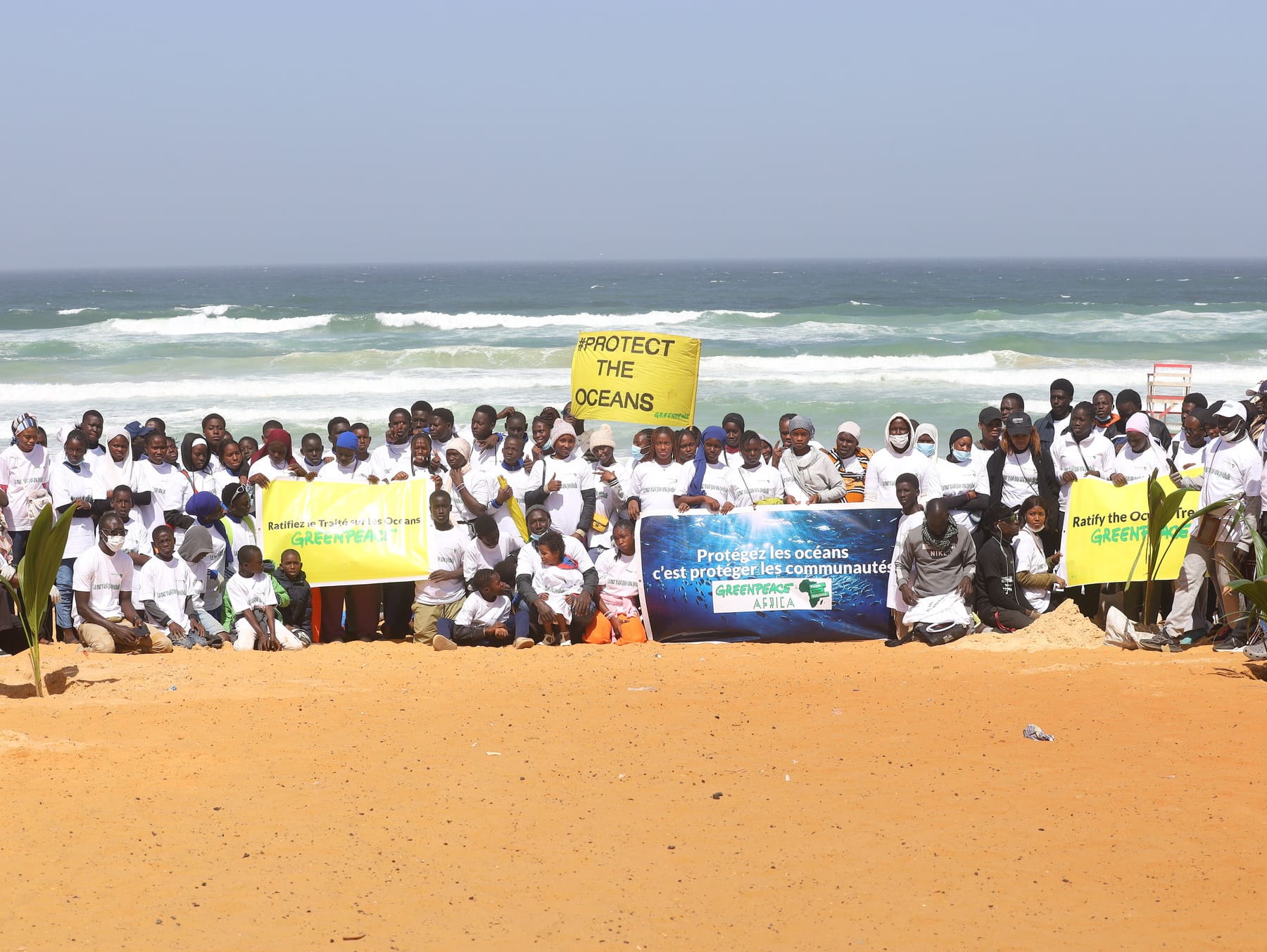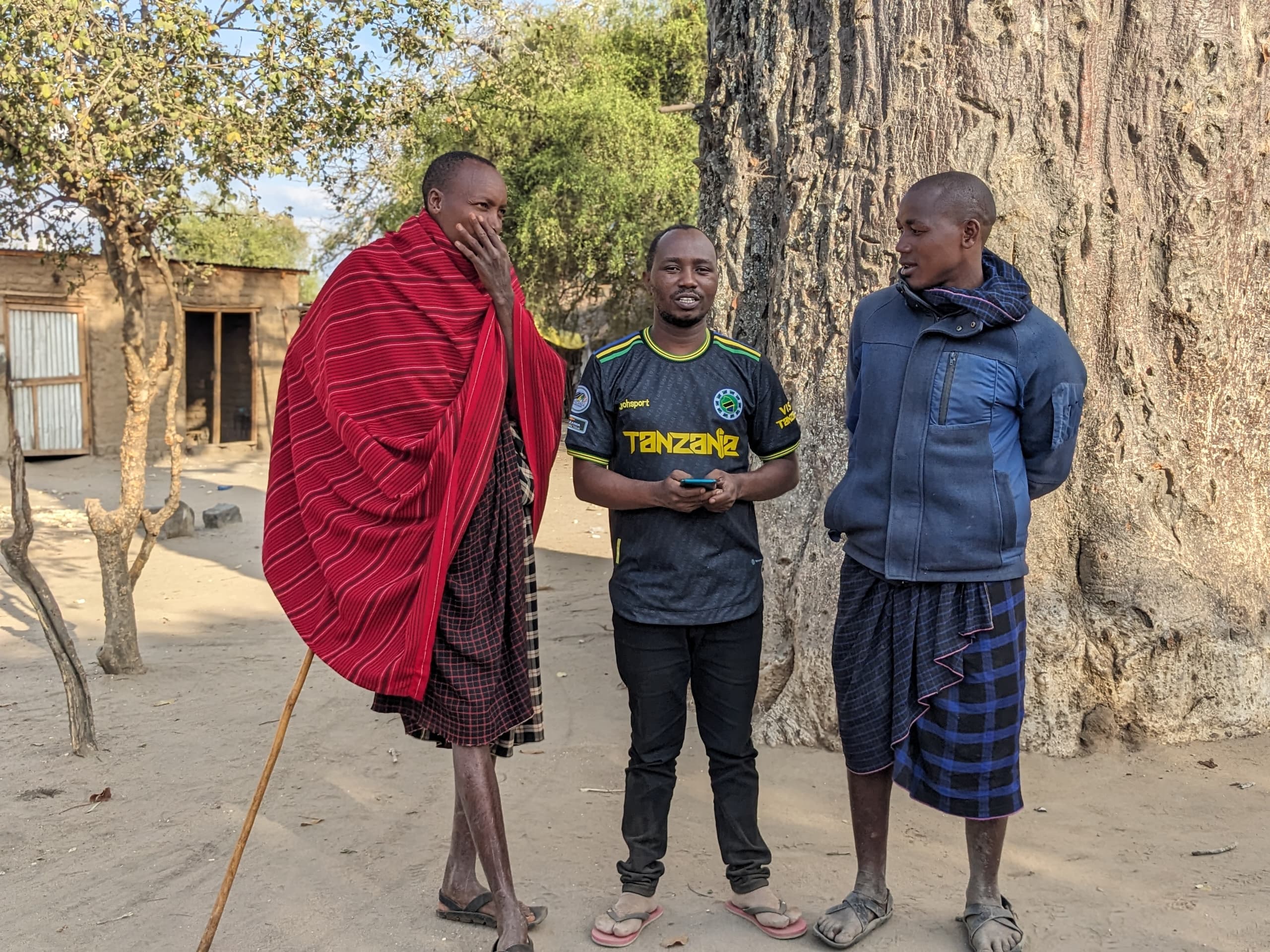Everytime we drink a glass of water, wash our hands or take a shower, we rarely think about those who do not have access to these luxuries. Yes, what is supposed to be a basic need has become a luxury for some communities in Kenya.
Today we mark another World Water Day, when the statistics on water access are quite alarming. This year the World Water Day is about expediting the change needed to solve the water and sanitation crisis. A World Health Organisation report 2022 indicates that worldwide, 1.4 million people die annually and 74 million will have their lives shortened by diseases related to poor water access, sanitation and hygiene.
The situation is not any different in Kenya. According to water.org, in a population of 53 million, about 28 million Kenyans lack access to safe water and 41 million lack access to improved sanitation. This growing demand for water and water scarcity amidst a growing population has become a notable challenge in Kenya.

In a country where most of the smallholder farmers depend on rain-fed agriculture, not having access to water does not just impact our health but also access to food. Water shortage has led to decreased crop yields and affected livestock ultimately leading to food insecurity as witnessed in the recent drought which has been termed as the worst in 40 years. It therefore did not come as newsflash when Kenya was ranked 94th among 121 countries according to the latest Global Hunger Index Report. This essentially puts Kenya among the hungriest countries in the world.
Water and Forests; What is the connection?
It is not surprising that we do not always make the connection between water and forests. Forests purify the water, clean the air and capture carbon to fight climate change. Sustainable management of our forests is key to combating climate change. The climate crisis has led to shrinking water resources and continues to disproportionately affect communities in Kenya. Overexploitation of natural resources such as forests coupled with climate change is expected to increase the risk of conflict among communities in Kenya.
So what can you do?
Water affects everyone, so everyone needs to take action. Here are a few tips to guide us on improving access to water:
- The march-may long rains are here, this is an opportunity for harvesting water for not only domestic use but also stored to be used for farming activities during the dry season. A little goes a long way where water is concerned. Harvesting just a couple of hundred litres can make a big difference.
- Re-using water; an old technique learnt in our childhood can help save water and ensure that the next person has enough water to drink.
- Keep the sprinklers off. There are different ways to water your garden without necessarily using sprinklers. Leftover cooking water may be used as well. Your plants will enjoy the extra nutrients!
- Switch from bathtubs to showers. If you already love showers, then try keeping your shower to 5 minutes or less.
- Turn off the tap. Remember to turn off the tap when brushing your teeth; use a glass instead, fill a bowl of water when washing fruits and vegetables to lower your water usage.
- Ask your local leader to make water accessible to residents and farmers throughout the year.
Share this blog with friend and family



